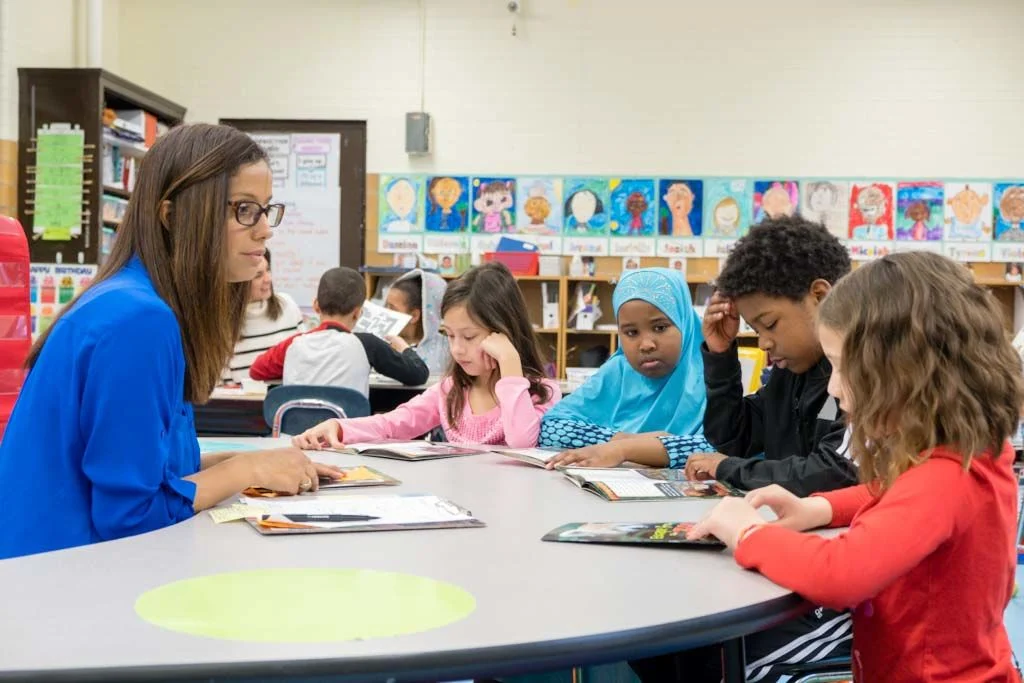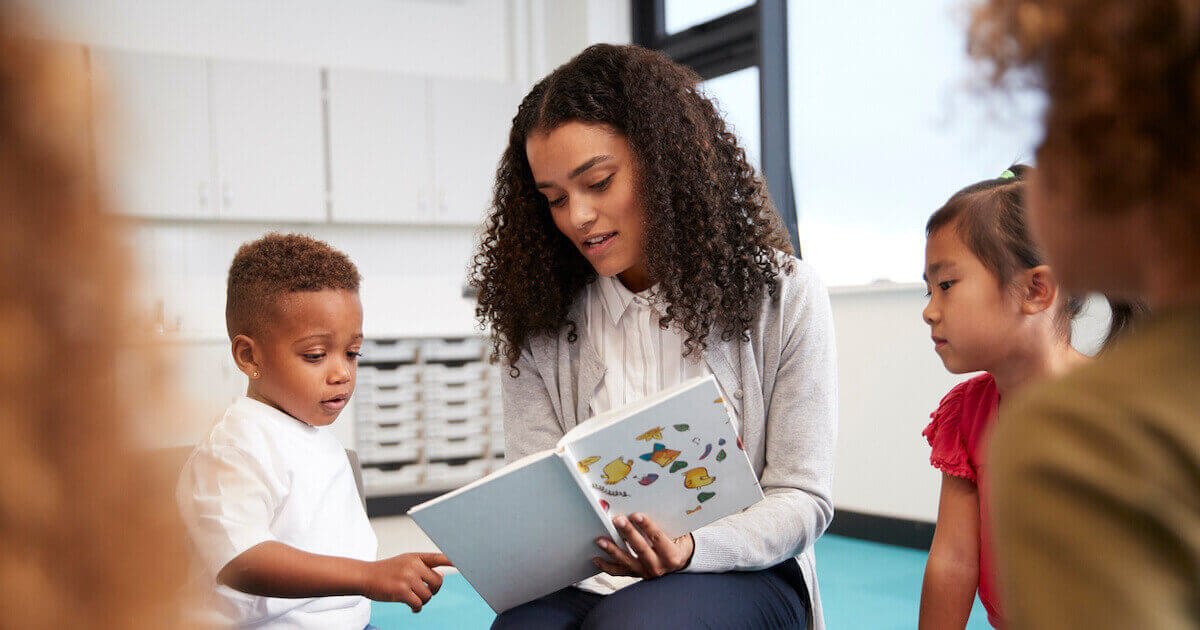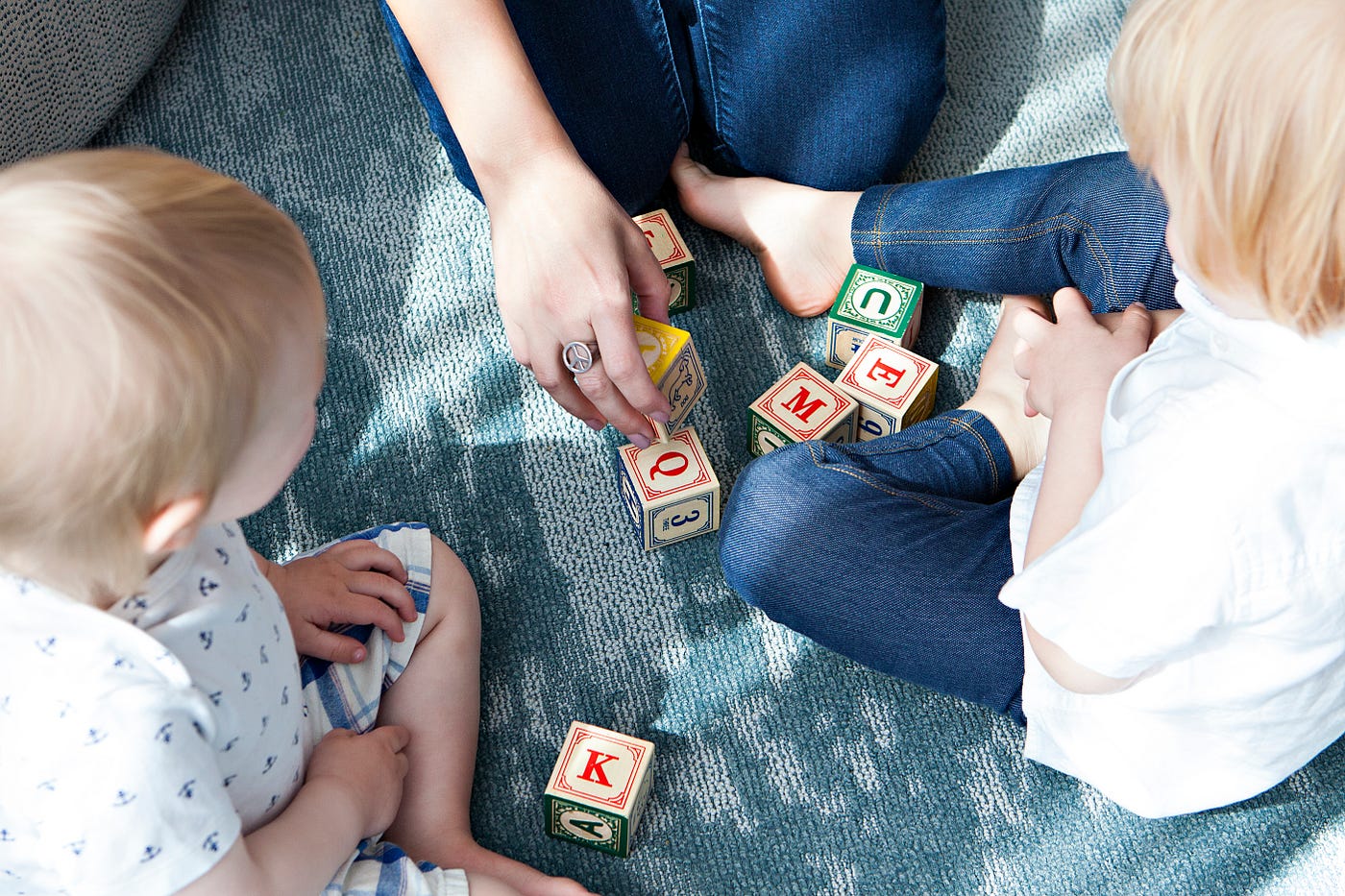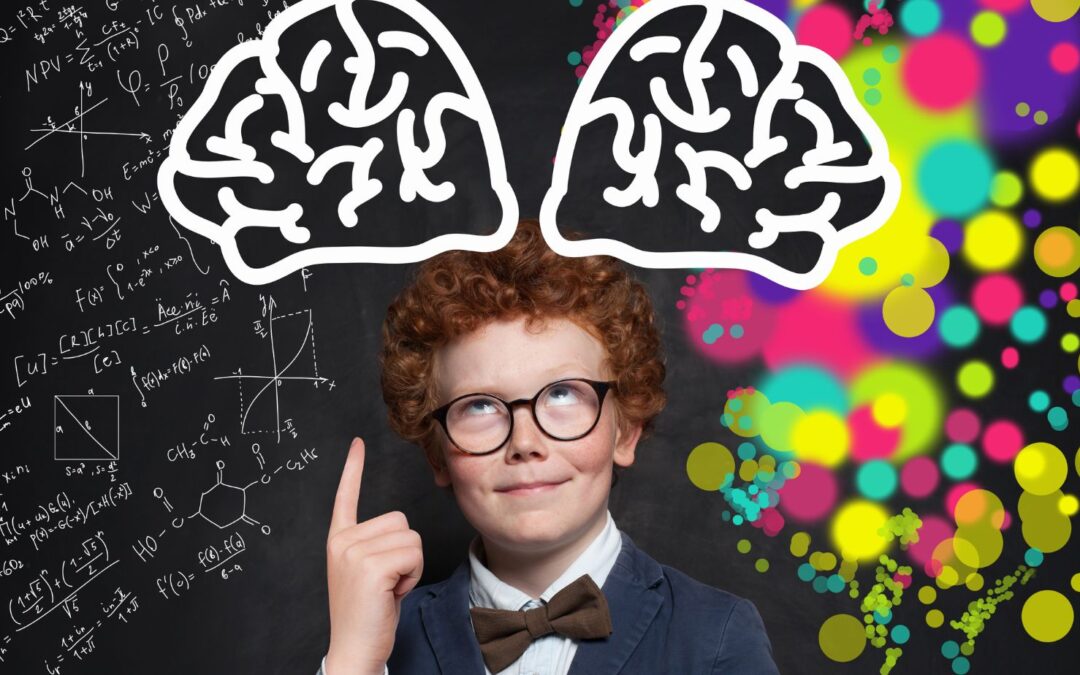Language development forms a critical foundation for a child’s overall growth and future academic success. Extensive research highlights the importance of exposure to language during the early years in promoting vocabulary, comprehension, speech, and eventual literacy. At Crystals Childcare and Preschool, language enrichment is central to our curriculum for children aged 18 months to 5 years. Through a combination of evidence-based techniques, we ensure children gain robust communication abilities, curiosity, and confidence during their time with us.
The Power of Conversations
Starting from infancy, regular back-and-forth conversations with loving caregivers form the cornerstone for language abilities. Our teachers engage children in consistent, high-quality interactions by getting down to eye level, using gestures, facial expressions, toys, and books to exchange words and ideas. We ask open-ended questions, validate their responses, expand on their speech, and expose them to advanced vocabulary. Such conversations teach children that their thoughts and feelings matter. The affirmative environment allows them to practice words, learn new ones, and string together more complex sentences over time.
Modeling Advanced Language
Children pick up language primarily by listening to the speech around them. Our staff models precise grammar, advanced vocabulary, full sentences, and rich expression. During story time, playtime, or mealtime, teachers describe objects and actions in detail, explaining new concepts and emotions. For example, when a child points to a truck, the teacher may respond, “Yes, that red truck with large wheels is driving down the bumpy road. I wonder where it is headed!” Such dynamic modeling implicitly builds children’s comprehension and language abilities.
Songs, Poems, and Rhymes
What young mind can resist the musical quality of rhymes or the rhythmic flow of poems? Rhyming songs and poems saturate a child’s day at our center, like background music to their play and learning. Our teachers recite colorful poems and sing catchy songs rich in rhyme, repetition, and wordplay. Rhyming patterns help children pick up phonics, the ability to distinguish letter sounds that form words. Repetitive songs and chants also aid memorization of new vocabulary and sentence structures effortlessly, without conscious effort. Dancing to rhythms develops listening skills, coordination, and self-expression.


Language-Rich Environments
Walk into any of our bright classrooms, and a variety of labels, posters, pictures, and children’s work adorn the display boards and shelves. Our teachers consciously curate the environment to surround children with rich language. Visual aids display vocabulary, alphabet cards reinforce phonetics, and pictures and posters connect words to real-life objects. bright colors and creative arrangements stimulate young minds to ask questions about their world. Cozy library corners offer an array of board books and picture books to develop early literacy during independent reading or teacher-led story time. Our environments implicitly promote language and comprehension even during play.

Child-Centered Lesson
While play comes naturally to young children, focused language lessons accelerate learning at appropriate times. Our early childhood educators incorporate explicit instruction during small and large group activities using stories, picture cards, puzzles, building blocks and more. For toddlers, teachers may use stuffed animals to demonstrate bonding vocabulary like “sad”, “happy” or “hungry”. Preschoolers might enjoy “I Spy” games identifying objects beginning with a specific letter sound. Linking words to meaningful real-life contexts and play makes lessons engaging rather than passive listening. Our child-centered approach focuses on their interests to motivate learning new words.
Assistive Resources
For children needing extra support with speech or language milestones, our staff guides parents to helpful resources like speech therapy, reading assistance or auditory interventions. Close collaboration between teachers and families ensures we identify any learning gaps proactively rather than taking a wait-and-see approach. Timely assistance tailored to a child’s needs goes a long way in getting them back on track for later academic and social success. A developmental delay in the early years does not dictate ability; consistent support processes like ours promote the realization of every child’s potential.
Growing Vocabulary with Diversity
Communicating complex ideas starts with knowing enough words and their meanings. While everyday conversations expand a young child’s vocabulary significantly, intentional teaching of advanced words accelerates language growth further. Our preschool curriculum incorporates sophisticated vocabulary across activities to stretch children’s word power. Learning word categories like shapes, emotions, directions or positions grows vocabulary breadth. Deepening word knowledge involves sophisticating everyday words like mixing primary colors to create secondary colors on an art palette. Field trips to the fire station or post office expose children to rich occupational vocabulary. Given our multicultural community, teachers incorporate words from different home languages like greetings to enrich the linguistic diversity in classrooms.
Nurturing Communication Confidence
Clear speech, good vocabulary, and effortless social exchange require underlying confidence along with ability. Speech delays or difficulties can sap confidence to communicate openly. Shyness, lack of encouragement, or corrections beyond ability levels can also inhibit children from freely sharing their thoughts and feelings. Our philosophy centers on nurturing confidence alongside competence. Positive reinforcement for any form of speech cultivates a willingness to communicate without fear of judgment. Teachers patiently listen rather than interrupt with corrections. Peer interactions during group activities promote making conversation naturally rather than one-on-one pressure. Celebrating progress however small through applause, display boards, or notes home fosters pride and self-assurance. Over time, confident communicators emerge, ready to apply their blossoming language prowess as lifelong learners.



The Preschool Years: A Critical Window
While language acquisition starts from birth and continues over the years, the preschool period marks prime time. The brain rapidly lays the infrastructure connecting words to meanings by age 5 before formal education begins. In fact, research reveals children lacking age-appropriate language abilities by kindergarten risk difficulties learning to read. They continue to lag behind their peers in academic performance over time. Oral language feeds into literacy – the ability to comprehend text and express it through writing. At Crystals Childcare, we make the most of this critical window with immersive language stimulation tailored to each child’s zone of proximal development. Instead of broadly standardized instruction, individualized support during sociodramatic play, shared reading, morning meetings, and show-and-tell activities accelerates both language and confidence. The smiles, hugs, and chatter filling our preschool classrooms daily signal a blossoming generation ready to thrive lifelong!


The Next Step: A Language Assessment
As a concerned parent or guardian, you may still worry – is my child hitting the language milestones for his or her age? How do I know their language abilities match grade-level expectations over time? Our qualified early childhood educators will be happy to discuss any concerns about your child’s communication trajectory during in-person meetings. However, for comprehensive insight, we recommend our detailed language and communication assessment tailored to different ages and skill sets. The evaluation conducted by our speech-language pathology specialist includes:
● Oral language: vocabulary, grammar, sentence structure
● Speech: sounds, fluency, clarity, volume modulation
● Listening: following instructions, comprehension
● Social communication: conversation, confidence, eye contact
● Emergent literacy: print concepts, phonological awareness
● Written language analysis: name writing, drawing, scribbling
Our customized report benchmarks current ability against developmental milestones, charts the language trajectory compared to peers, and provides specific recommendations to accelerate progress where needed. Early prevention and intervention ensure your child gains robust language and learning skills for the journey ahead!
We hope this overview provides helpful insight into the powerfully enriching language environment our qualified teachers co-create daily with toddlers and preschoolers. Language forms an integral strand of our evidence-based early childhood curriculum aligned with state standards. If you have any other questions, feel free to call us at (432) 687-5904 or info@crystalschildcare.org. For enrollment information and a tour of our modern facility, book your free in-person orientation today! We look forward to welcoming your child into our close-knit Crystals family!

